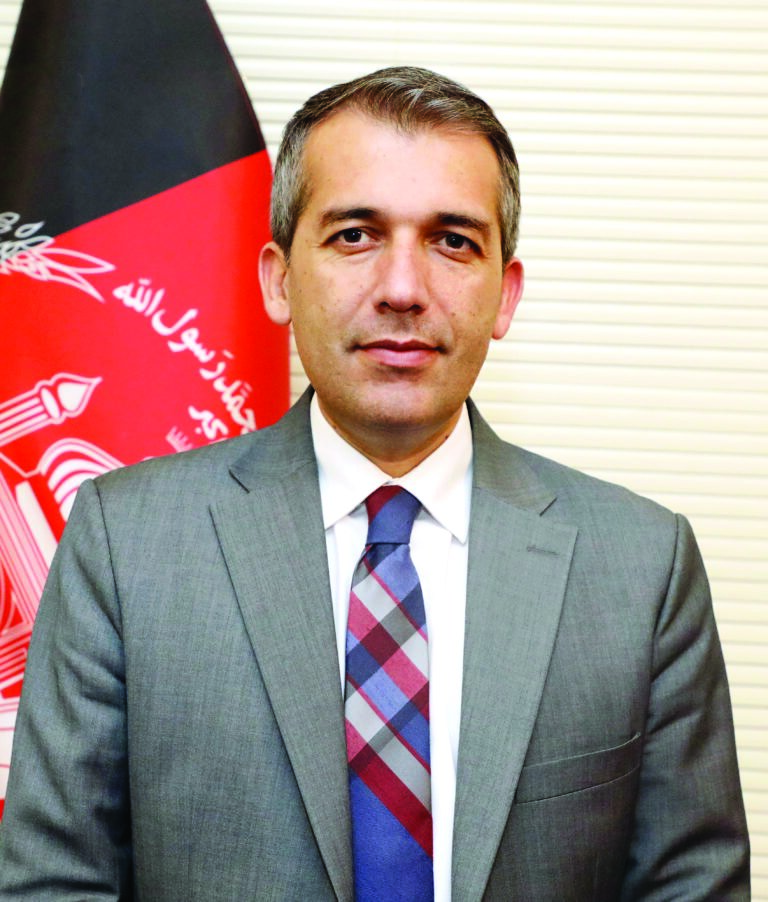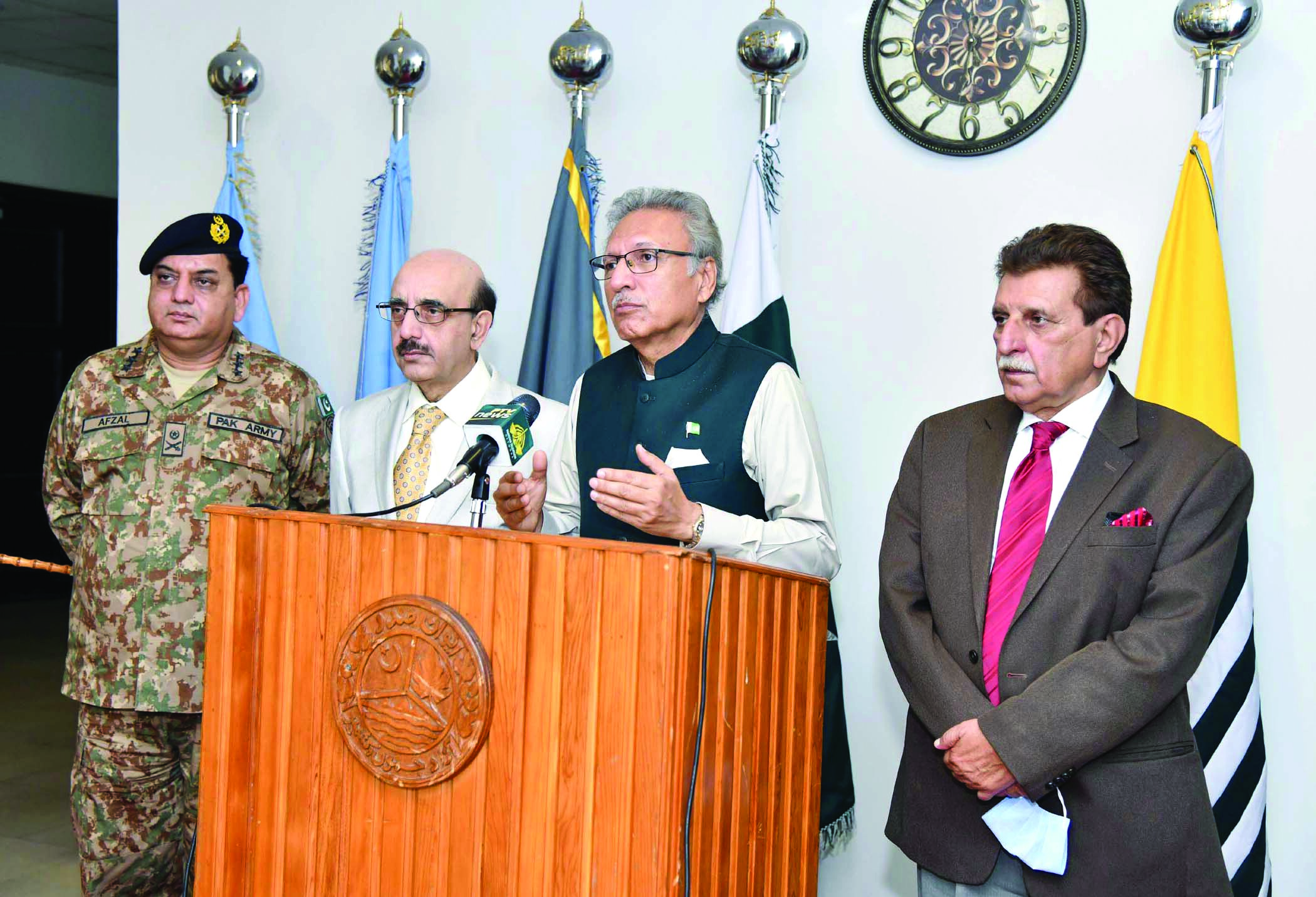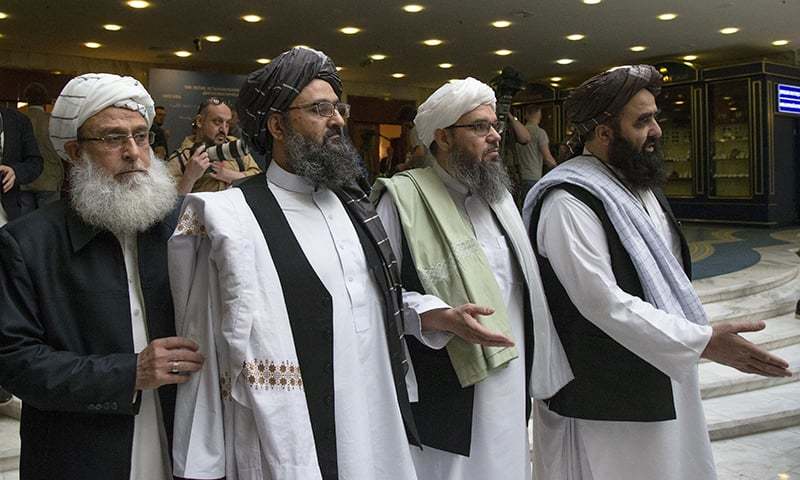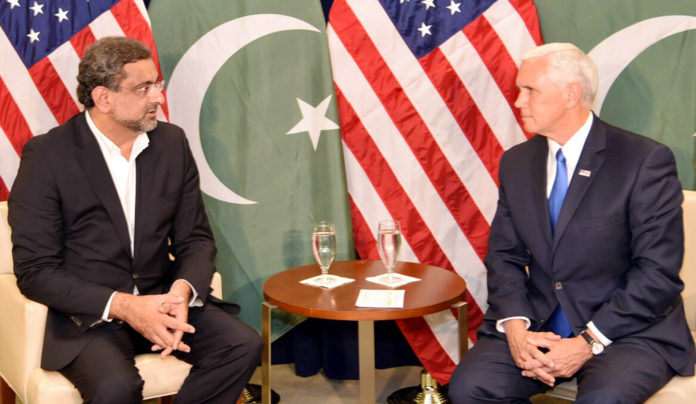
The four-nation,Quadrilateral Coordination Group (QCG) talks on exploring ways to revive peace process in Afghanistan were held in Oman on October 16. The parleys ended without any breakthrough and the participants—Afghanistan, China, Pakistan and the United States preferred to stay quiet over the event and no joint statement was issued. The QCG had held its previous meeting in Islamabad early last year.
The QCG was set up in December 2015 by the Heart of Asia Conference in Islamabad. The main aim of the initiative was to make collective efforts for arranging direct talks between the Afghan government and the Taliban; since its inception the group has been trying to carve the path to direct talks between the Afghan government and the Taliban. The US has ever since been playing both sides, trying for negotiation with Taliban as well as systematically disrupting it, at will. The group had held five meetings before the process met a dead end after Taliban chief Mullah Akhtar Mansur was killed in July 2016. Now the Taliban’s military campaign “Operation Mansuri” is in full swing in Afghanistan.
For the current revival of QCG process Muscat was selected as the venue to avoid media scrutiny and unnecessary hype; it was a closed-door activity. QCG meetings have restarted with hope for peace in Afghanistan and the Muscat session was aimed at discussing options on how to move forward. Expectations were not high ahead of the meeting since it was taking place after a long gap. This was the first meeting of the group under the Trump administration, which thinks that time is not yet ripe for initiating the political solution to Afghan conflict.
Every time the prospects of QCG talks became bright, the process came to a halt, once due to outbreak of news about death of Mullah Omar and later due to killing of Mullah Akhtar Mansour in a drone attack by the US. Since then the Taliban have shown little faith in the process. During the Muscat round Afghanistan was represented by High Peace Council (HPC) and government representatives in anticipation of attendance by the Taliban delegates; however, the Taliban did not turn-up. They had indicated their intent of not attending the session, as they wanted to gauge the seriousness of the effort.
The QCG initiative continues to be marred by differences between its members. Since assumption of US Presidency by Donald Trump, America has been sending conflicting signals. Its recently announced policy on Afghanistan and South Asia is also full of contradictions.
Pakistan has told the US that the option of use of force would be exercised only after a consensus is reached among all QCG members. Pakistan is of the view that a mechanism has to be evolved by all the four countries for a military option if efforts to bring the Taliban to the negotiating table fails. There was no statement issued by the Foreign Office prior or after the meeting. Pakistan attended the Oman parleys with ‘low expectations’.
Given previous experiences, Pakistan would like to first know whether Afghanistan and the US were interested in the peace process. Recent reports had indicated that the Trump administration was not keen on the revival of the QCG given the new American strategy for Afghanistan and South Asia, issued in August. However, at the same time, America sent across Alice Wells, the Acting Special Representative for Pakistan and Afghanistan to the Oman talks. It indicates that despite its hawkish stance on a public level, the US would like to pursue the political solution, at least in parallel, and that it has not totally abandoned the option of peace process.
The revival of QCG process also indicates that despite the ongoing rhetoric at the media level, undue heat in the US-Pakistan relations has vented off through safety valves without causing a serious rupture. By now it is amply clear that India is not deploying any troops in Afghanistan. Moreover, addition of few thousand foreign troops is not likely to tip the strategic balance in America’s favour. With no additional dynamics factoring in, President Trump may be all set to quietly adopt major action points of his predecessor’s Afghan policy; as he had done on many other major foreign policy issues.
While refusing to become a scapegoat for the collective failure of international community in Afghanistan, Pakistan has reiterated its support for making serious efforts for negotiated settlement between the Afghan government and Afghan Taliban for achieving lasting peace.
In keeping with his chaotic style, while churning out its untenable wish list about Afghanistan in August, Trump may have not anticipated that Pakistan would dig its heels; and that if it did so, the US would not have much of leverage over Pakistan. It is America that critically depends on Pakistan for sustainability of its military operations in Afghanistan. Pakistan does not have much to lose in case of further American squeeze. Trump had warned that there could be further cut in aid, in reality military aid had already been halved between 2012 and 2016. Pakistan is contemplating other options to offset the material setbacks that further American squash could cause.
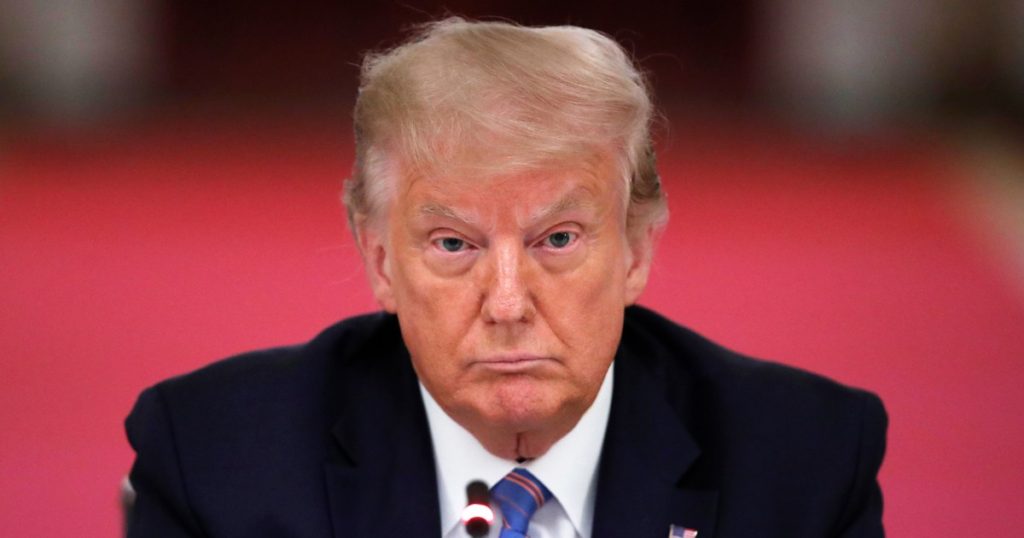
May be Trump has also gone through summary of a few recent reports by Special Inspector General on Afghan Reconstruction (SIGAR) pointing towards American follies in Afghanistan. It appears that Trump’s rhetoric with respect to imposing a military solution on Afghanistan would slowly de-steam and the issue of restoring peace may go on back burners. Keeping about 15000 troops in Afghanistan is America‘s compulsion, and that runs counter to achieving even a semblance of peace in Afghanistan—the pot must keep boiling to justify the cooks‘ necessity.
There are a number of other foreign initiatives by the international community yearning for bringing peace in Afghanistan; some of these processes include the US while others do not. One such ‘minus-America’ forum is the Shanghai Cooperation Organization’s (SCO) Contact Group on Afghanistan that held its deputy foreign minister-level meeting in Moscow on October 11. Russian Deputy Foreign Minister Igor Morgulov chaired the meeting while deputy foreign ministers of Afghanistan, China, India, Kazakhstan, Tajikistan, Uzbekistan, Turkmenistan and representatives of SCO and its relevant bodies attended the meeting. Pakistan’s Foreign Secretary Tehmina Janjua, while participating in this meeting, aptly commented that “Afghanistan faces many challenges, including deteriorating security situation marked by increasing ungoverned spaces which are being used to provide sanctuary to the terrorist groups like Da’esh, al Qaeda, Tehreek-e-Taliban Pakistan (TTP) and Jamat-ul Ahrar (JuA) and increasing drug production which pose serious challenges to Afghanistan’s neighbouring states”.
It was felt during the meeting that there is need for serious efforts for a negotiated settlement between the Afghan government and the Taliban for lasting peace in Afghanistan. Conditions conducive to respectful return of Afghan refugees are also essential for sustainable peace in Afghanistan. Needless to say that only a stable Afghan government could lead towards combating the challenges of drug production and human trafficking.
Members of SCO Contact Group pondered over ways and means “to support peace and stability in Afghanistan through facilitating Afghan-led peace process, assisting the Afghan government in dealing with security and counter-terrorism challenges and promoting regional economic integration and connectivity”. They unanimously supported measures for strengthening interaction between Afghanistan and the SCO countries, and “welcomed Chinese proposal for hosting the next meeting of the SCO Contact Group on Afghanistan in Beijing in early 2018”.
In the meanwhile, President Trump plans to dispatch his top diplomatic and military advisers to Pakistan in the coming weeks. Secretary of State Rex Tillerson plans to depart for Pakistan late this month and he will be followed by Secretary of Defense Jim Mattis. Pakistan’s foreign and interior ministers have already been to the US. The two-two punch is desperately exploring the likely way ahead through the trash thrown around by Trump’s potentially implosive Afghanistan policy and self-destruct button embedded South Asia policy. American ministerial visits are likely to focus on damage control in the wake of Trump’s policy while giving the impression that the visits are designed to drill home Trump’s tough message that the alleged Pakistani state support to militant groups has to end. “We have been paying Pakistan billions and billions of dollars at the same time they are housing the very terrorists that we are fighting,” Trump had said in an August address. Independent American analysts opine that Taliban control nearly 65 percent of Afghan territory, it makes one wonder about Taliban’s necessity to have sanctuaries in Pakistan.
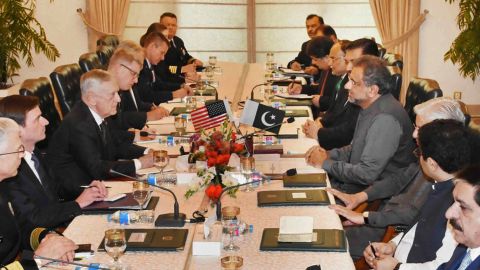
US Defence Secretary Mattis recently told Congress, about his upcoming visit to Pakistan, that he will try “one more time” to “see if we can make this work“.“ To this point, we have not seen any impact on military-to-military relations,” said one Pentagon official, suggesting any change would not happen after Mattis’s visit. While touring Washington, Pakistan’s foreign minister Khawaja Asif appeared unwavering. He lashed out at “hollow allegations” about Pakistan harbouring terrorists as “not acceptable”. “That is not the way you talk to 70-year-old friends,” Asif said bitterly. “Instead of accusations and threats we should cooperate with each other for peace in the region,” he added.
Earlier in September a meeting in New York on UNGA sidelines between Vice President Mike Pence and Prime Minister Shahid Khaqan Abbasi was reported as cordial. “It was a very good meeting with the vice president,” said Asif. And after that the Pakistani side was surprised at a tougher tone outlined in public by Mattis and in private by National Security Advisor, HR McMaster.
American policymakers have also considered revoking Pakistan’s non-NATO ally status but found that it would cause only symbolic set back but limited practical impact. Whether Trump likes it or not, Pakistan remains vital for the United States as a route to supply American and Afghan war effort.
In a related development, President Ghani is likely to visit Pakistan in the near future. He was invited by Pakistani Army Chief General Qamar Javed Bajwa during his recent meeting with the Afghan leader in Kabul. President Ghani had declared the meeting as a beginning of “new season of relationships”. He may have realized that blaming Pakistan for security failures in Afghanistan is unhelpful and offensive to the people of Pakistan, if so it is a good omen.
Pakistan shares the international community’s concerns about instability in Afghanistan. Pakistan is ready to work with every one and any one as a partner for achieving peace and security in the region. However, arm twisting and bad mouthing will not lead any party anywhere.


